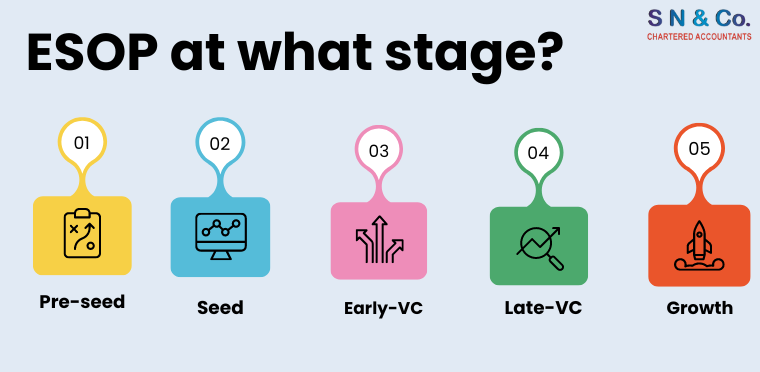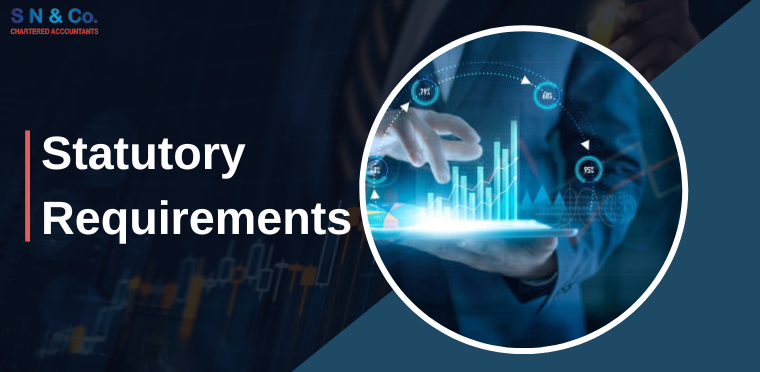Is Digital service becoming costlier with new Equalisation levy norms
In the era of the digital world, many E-commerce operators functions without business presence in source country which has raised cause of concern for all Governments to tax digital transaction in conventional model which recognises physical presence only. OECD is laying efforts on structuring digital tax which we are tracking regularly.
Meanwhile in 2016, India had introduce tax in form of Equalisation levy only for advertisement service rendered by non resident (likes of FB, twitter, etc) to resident of India which is extended now to other E-Commerce operator for host of service rendered to resident of India and in specific cases to non resident also. This article attempts in analysing & summarize the scope of various provision of digital taxation with key notes.
Key Notes:-
- Since it is direct entry in Act objective is not described separately but it seems to cover wide range of digital transactions by Non resident EC operators which otherwise was difficult to tax in old convention
- Equalisation Levy paid to central government is currently not eligible for tax credit in foreign country; so additional cost
- Equalisation Levy @ 6 % is not levied on personal advertisement services provided by Non-resident. Whereas,
Equalisation Levy @ 2 % is also levied on sale of goods or services for personal use. - FA 2020 amendment is trying to reach extra territorial jurisdiction to tax a Non resident EC-operator. So interesting to see the administration by Tax office
- If deductible Equalisation Levy has not been deducted or paid by resident payer @ 6% for advertisement services before the due date specified in section 139(1), then the consideration paid or payable to nonresident shall be disallowed while computing the income under the head PGBP.
- Income arising from ecommerce supply or services which is covered by Equalisation Levy is exempt from tax
under section 10(50), to avoid double taxation. - Signing of Multilateral Instrument (MLI) might unwind the situation to certain extent.
[table id=4 /]
* Non-resident only in case of Sale of data & Advertisement connected to India
Indian Government’s response to Digital tax
- US initiated investigation on digital service tax u/s 301 of Trade Act
- In reply Purpose of Eq levy is to have equal level playing field for EC-operators having presence or not in India
- Out of three recommendation in BEPS outcome (a) SEP base tax (b) withholding tax (c) Eq levy is adopted uniformly as safeguard against BEPS and loss of revenue
- Physical presence base taxation does not suit to digital economy as business model is different
- US Supreme Court in case of South Dakota vs Way fair Inc guided states to collect sales tax on online sales not having physical presence
- Delhi HC in WWE case held that having website for sales is similar to having shop which was relied in Lotus green LLP case also (Del HC)
Concluding Remarks:
In the nutshell, the levy, has now been expanded to cover digital E-commerce transactions provided by EC
operator to resident as well as to non resident. This might lead into increase in cost of digital service if burden of tax is passed on to consumers
Disclaimer:
The above article is based on the authors’ personal view. The author shall not be responsible for any extracts or references made






